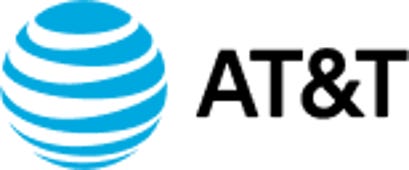 Or call to learn more: (855) 696-0756
Or call to learn more: (855) 696-0756
 Or call to learn more: (866) 724-3206
Or call to learn more: (866) 724-3206
 Or call to learn more: (855) 696-0756
Or call to learn more: (855) 696-0756
 Or call to learn more: (866) 724-3206
Or call to learn more: (866) 724-3206
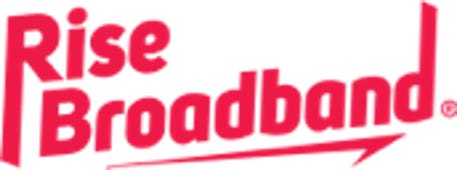 Or call to learn more: (866) 484-6634
Or call to learn more: (866) 484-6634
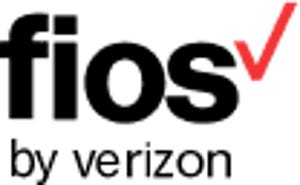 Or call to learn more: (888) 235-6118
Or call to learn more: (888) 235-6118

Quantum Fiber – Worth a look if service is available
Xfinity – Fast and reliable option
Google Fiber – Great value for high-speed internet
Viasat – Best if you’re stuck with satellite
Ziply Fiber – Off to a strong start
CNET has done the research to help you find a fast, reliable broadband connection. Download and upload speeds, pricing, and customer satisfaction are just a few of the important factors you should consider when searching for the best internet service provider for your household. We examine customer service, speed, pricing and overall value before recommending the best broadband in your area.
All prices listed on this page reflect available discounts for setting up paperless billing. If you decide not to go with automatic monthly payments, your price will be higher.
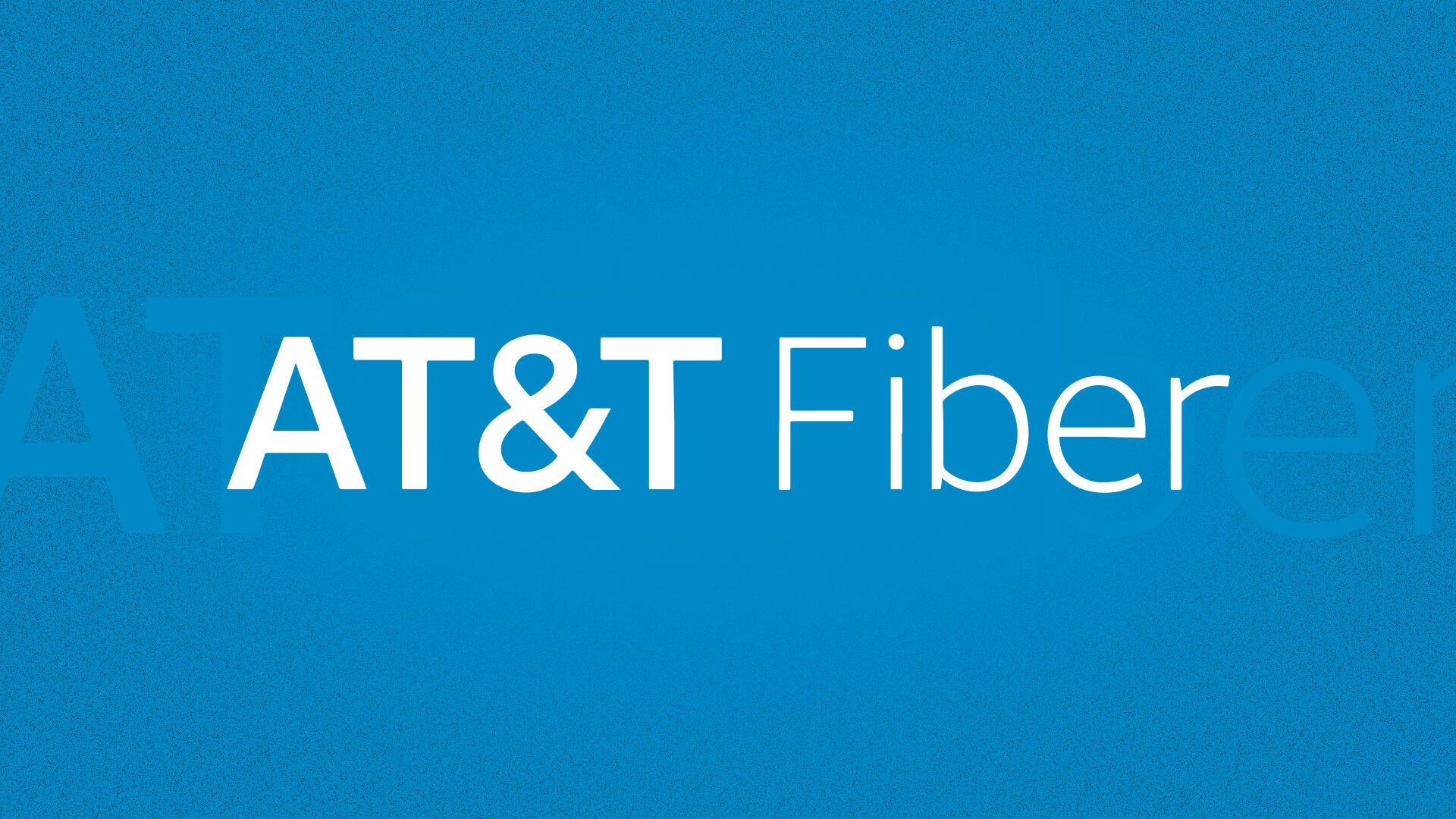
Fiber Or call to learn more: (855) 696-0756
Check with AT&T
300 – 5,000 Mbps
$55 – $250 per month
Show more (1 item)
Source: CNET analysis of provider data.
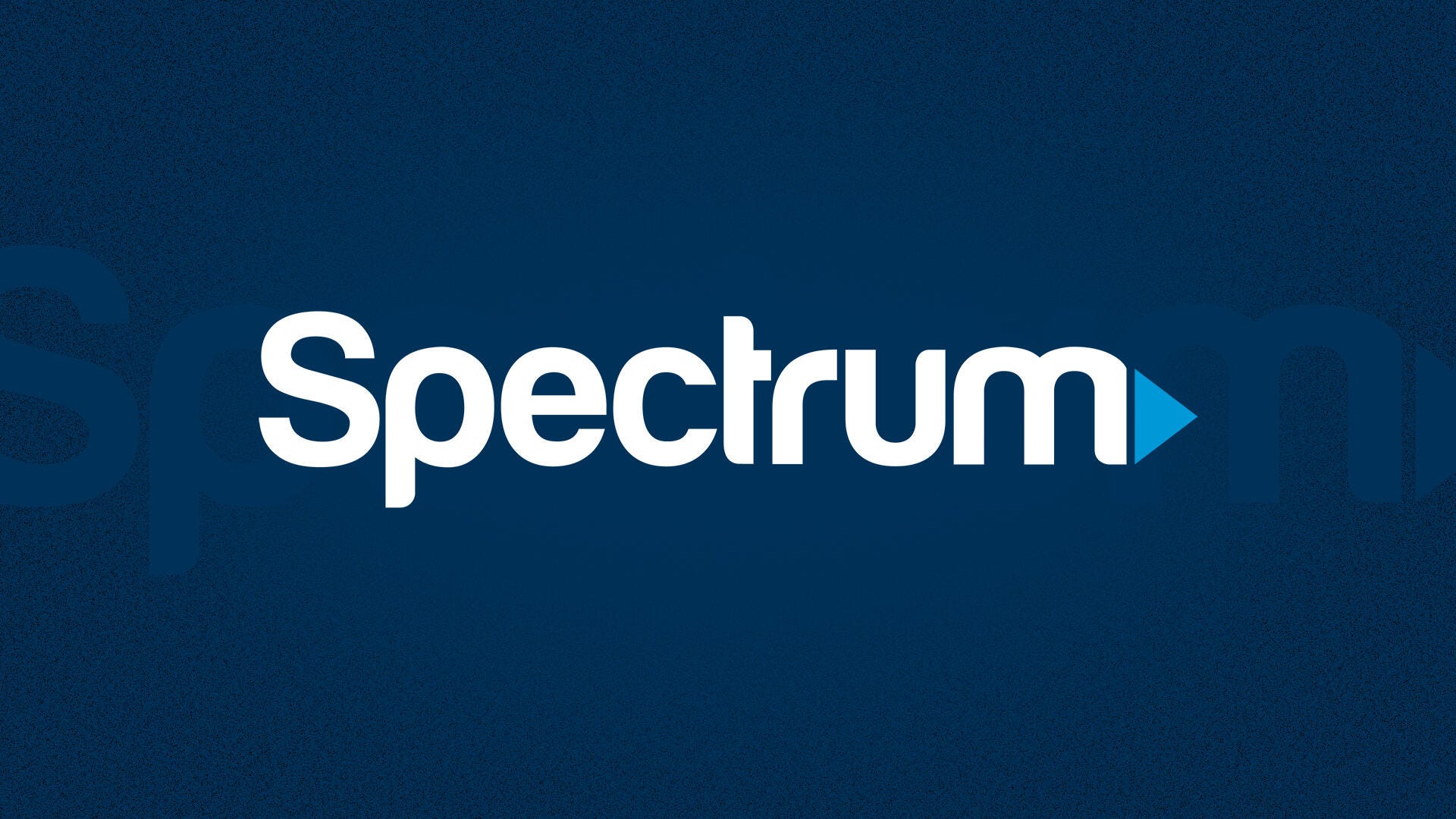
Cable Or call to learn more: (866) 724-3206
Check with Spectrum
100 – 1,000 Mbps
$30- $90 per month
25 – 50 Mbps
$45 – $65 per month
Our take – Pickings can be frustratingly slim when shopping for an internet plan in a rural area because most of the best internet infrastructure in the country is centralized in population-dense cities and the suburban neighborhoods surrounding them. If you live outside a region like that, your home probably isn’t wired for fiber or cable. Instead, you’ll have to make do with slower, less reliable and more expensive technologies, and you’ll likely have fewer options to choose from too.
Fixed wireless
300 – 2,000 Mbps
$50 – $120 per month
Our take – Verizon lands atop the American Customer Satisfaction Index’s rankings of internet providers year after year, and it’s been one of the strongest finishers with J.D. Power for multiple years running too.
Fiber
Source: CNET analysis of provider data.
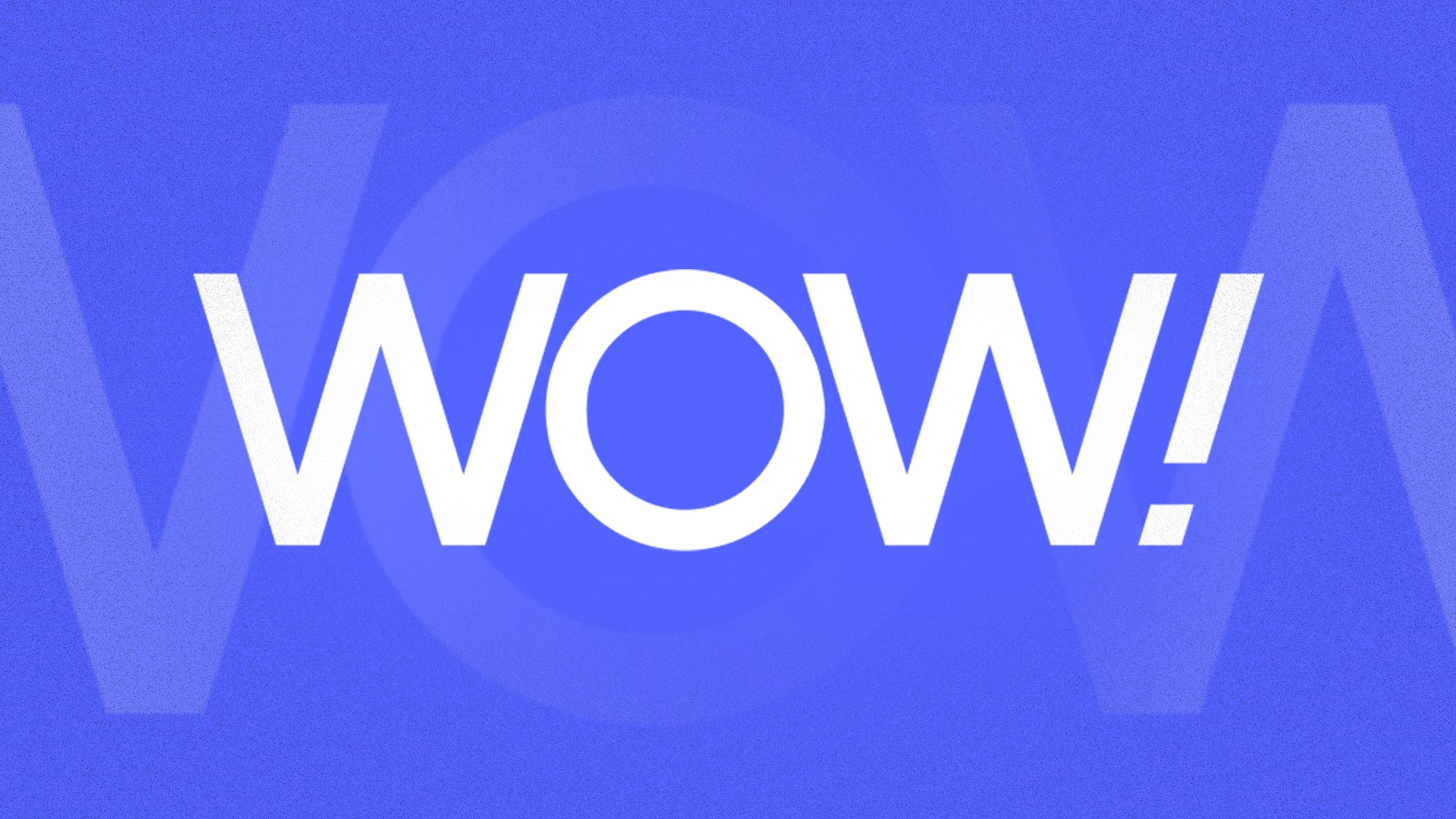
Cable Call to Learn More (888) 901-0817
100 – 1,200 Mbps
$20 – $95 per month
Show more (1 item)
Source: CNET analysis of provider data.
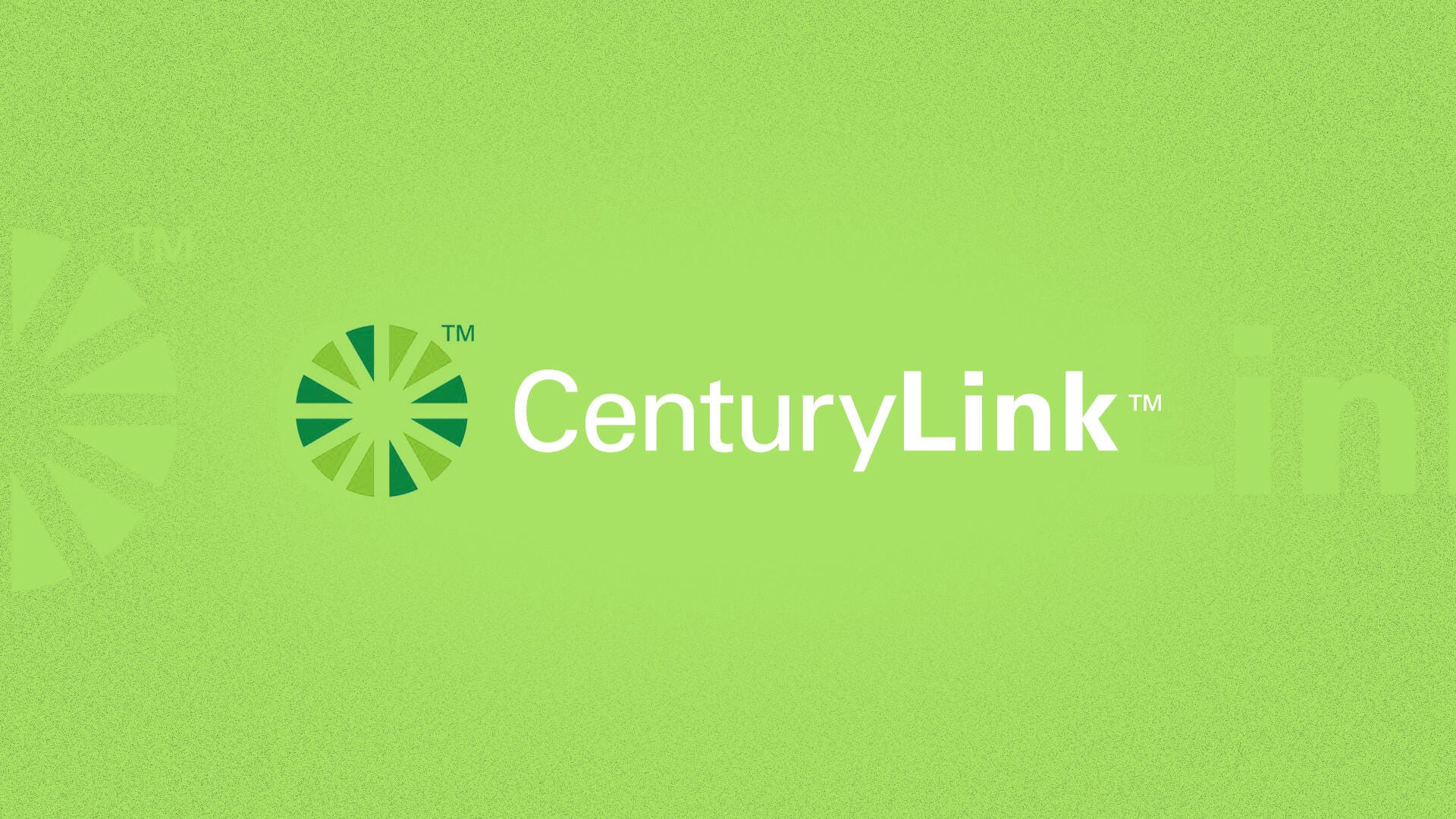
DSL Or call to learn more: (888) 271-6698
Check with CenturyLink
10 – 140 Mbps
$55 per month
75 – 2,000 Mbps
$20 – $120 per month
Our take – Comcast is the biggest name in cable, and the company offers its Xfinity internet service to over 100 million people in the US — more than a third of the country. Subscribers will find a great variety of plans and packages to choose from, including download speeds of up to 2,000Mbps that are available across the majority of the sprawling coverage map (or, if you’re lucky, plans with multi-gig speeds of up to 10Gbps that are available at a small percentage of addresses). In addition, Xfinity consistently earns above-average customer satisfaction scores, too.
Cable
1,000 – 2,000 Mbps
$70 – $100 per month
Our take – It’s been over a decade since Google first announced that it would bring fiber internet service to select regions across the country — and it’s been an interesting ride ever since. After initially rolling out across 11 metro areas, Google struggled to build out the service beyond that. It paused its efforts in 2016, leaving disappointment across dozens of cities where the company had teased prospects for future fiber expansions.
Fiber
12 – 150 Mbps
$70 – $300 per month
Our take – Satellite internet is typically slow, laggy and temperamental in inclement weather, so I’d explore other options if you’ve got them. But that’s the thing — too many of us don’t have other options, and satellite internet from established names like Viasat and HughesNet is available just about everywhere.
Satellite
100 – 10,000 Mbps
$40 – $300 per month
Our take – Ziply Fiber is a relative newcomer to the fiber scene after acquiring fiber-optic infrastructure in the Pacific Northwest from Frontier. The service launched in 2020 amid the pandemic, offering relatively affordable fiber plans to customers across parts of Idaho, Montana, Oregon and Washington.
Fiber
That depends. We know, not helpful, but stay with us.
One of the cheapest ways to get internet service is through the government’s Affordable Connectivity Program. It’s a long-term subsidy to help qualifying households receive $30 per month ($75 for those on Tribal lands) towards internet service. There are also other permanent programs available for low-income families, as well as for seniors and students.
Lastly, you can try negotiating with your current internet provider to secure a lower rate on your broadband service. Or you can keep your eyes open for broadband deals or other internet promotions each month.
The good news is it’s now common to find gigabit plans offered by almost all major ISPs. But, as we often say, the fastest internet service for you will depend on your location and specific address. Xfinity and Kinetic by Windstream often extend the fastest plans available for residential homes, with a 10,000Mbps and an 8,000Mbps plan, respectively. However, those aren’t as widely available and may require a site survey to ensure serviceability.
In 2022, a Chattanooga, Tennessee, provider announced it was offering a 25Gbps plan. Though that’s impressive, Ziply Fiber recently released a 50-gigabit plan, topping its 10-gig service for speed. That’s ridiculously fast, and though you probably don’t need that much speed in your household, it’s pretty cool nonetheless.
If fast is what you’re looking for, Ziply Fiber has two of the fastest internet plans of any major ISP, with advertised symmetrical upload and download speeds of up to 10,000Mbps and 50,000Mbps. However, if you’re more interested in customer care and value, Verizon offers the best sign-up bonuses among high-speed internet providers.
Since internet providers tend to operate in specific areas, which provider has the best Wi-Fi coverage will come down to where you live. Currently, T-Mobile Home Internet is available in 49 states and has 89% nationwide coverage.
The FCC defines “broadband speed” as a minimum of 25Mbps download and 3Mbps upload speed. But that definition is out of date. As mentioned above, most providers now offer a gigabit plan, but most households won’t need that much speed. According to a late 2022 report from OpenVault, the average American household uses approximately 415Mbps download speeds (though nearly 70% of households get less than 200Mbps) and 25Mbps upload. Does that mean you’ll need that much? Not necessarily. The internet speed you need will depend on how many people use the internet in your home and for what activities you need.
Most internet providers offer a self-installation option, where they’ll mail you your home internet equipment after you sign up for service, and you’ll set it up yourself on your own time. In most cases, the process is pretty straightforward, with clear instructions on how to plug everything in correctly. In some cases, opting for self-installation can save you money, too.
All of that makes self-installation a great option for homes that don’t require much labor to get a network up and running — for instance, if you’re setting up a cable internet modem and your home already has the necessary coaxial wiring running through your walls. Check with your provider when you sign up to see if it’s an option for you, how much work it would entail, and how much money you could save off of the cost of letting the pros handle it.
Tier 1 internet providers have direct access to the network, letting them offer services directly to customers without relying on other providers. A few Tier 1 ISPs include AT&T, Verizon and CenturyLink, which all have extensive networks and complete control of their network and routing.
Approximately 2,000 ISPs operate in the US, including national, regional and local providers. While some offer nationwide coverage, others cater to specific areas or communities.